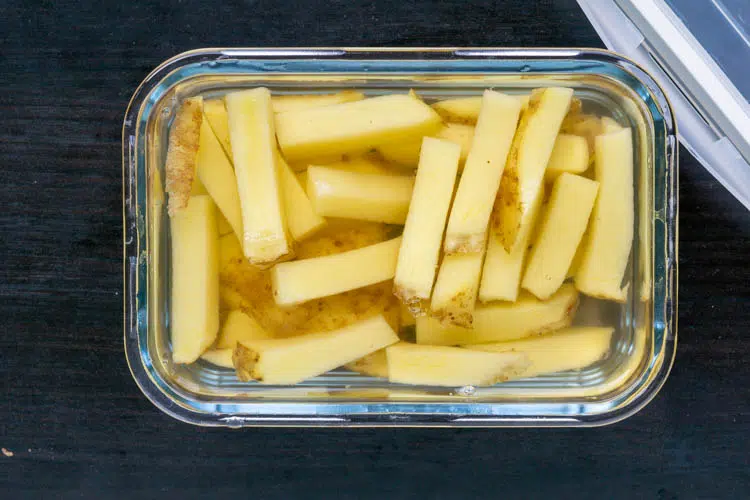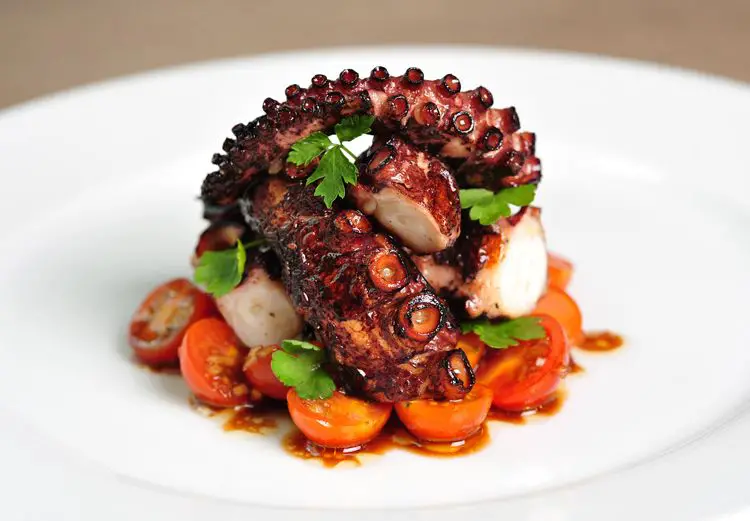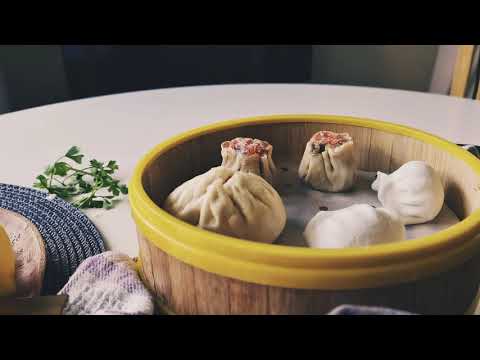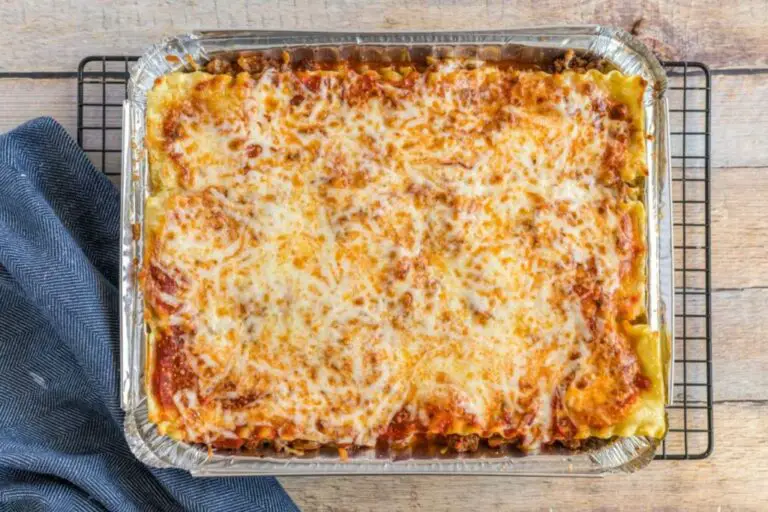Soaking potatoes in water before cooking is a well-known technique that has been used for generations. Soaking involves immersing the potatoes in water to remove excess starch, dirt, and impurities. This process not only enhances the texture and flavor of the potatoes but also helps to shorten cooking time.
In this article, we will explore the benefits of soaking potatoes and how long you should soak them based on the type of potato. We will also discuss the risks associated with over-soaking and share some tips for using soaked potatoes in your favorite recipes.
Understanding Soaking Potatoes
When you soak potatoes in water, it causes a chemical reaction that removes excess starch from their surfaces. Starchy potatoes like russet or Idaho potatoes are most often soaked before cooking as they have higher levels of starch compared to new or baby potatoes.
Apart from reducing the amount of starch, soaking also helps eliminate dirt and impurities from the surface of the potato.
Types of Potatoes That Need to be Soaked Before Cooking
It is important to note that not all types of potatoes need to be soaked before cooking. Only starchy varieties like russet or Idaho require soaking. New or baby potatoes are generally not advised to be pre-soaked as they have lower amounts of starch which does not result in any noticeable changes after soaking.
Benefits of Soaking Potatoes
So why is soaking beneficial for your spuds? Here are some reasons:
Removes Excess Starch and Dirt
Starchy potatoes usually have a lot more surface area exposed due to their shape than other types of tubers. With this increased surface area comes an increased level of contact with air which can create brown spots when cooked due to oxidization. Soaking removes this excess starch which means your crispy fries won’t stick together!
By soaking, you’ll also remove any remaining dirt or debris on its outer layer effectively leaving you with a cleaner potato to work with.
Helps Prevent Discoloration
Starchy potatoes tend to be less vibrant and more prone to discoloration when exposed to high temperatures. Soaking them in cold water helps prevent this discoloration allowing them to maintain their natural hues, making your meal look far more appetizing.
Shortens Cooking Time
Soaking halves the time it usually takes for potatoes to cook as the water has already penetrated into the potato reducing internal cooking time. This could be useful for food establishments that need their meals ready quickly!
Improves Texture and Flavor
By soaking your starchy potatoes before frying or sautéing, you will have a potato that is crispy on the outside and fluffy on the inside instead of hard or undercooked.
Methods for Soaking Potatoes
There are two ways you can soak your potatoes – the cold water soak method or hot water blanching method.
Cold Water Soak Method
This method is more commonly used as it’s very easy and convenient.
Step by step instructions:
- Cut your desired amount of tubers into small pieces.
- Add enough cold water so that all of the chunks are fully submerged.
- Add salt (a ratio of 1 teaspoon for every 4 cups of water)
- Mix in some vinegar (a tablespoon per gallon of water)
- Let sit for 30 minutes up till two hours if desired.
- Drain and pat dry before cooking!
The added vinegar helps keep texture while also preventing any unwanted bacterial growth. Properly rinsing after soaking will remove any excess salt or vinegar while preparing these tuberous delights.
Hot Water Blanching Method
This method involves briefly boiling the potatoes, then placing them immediately in an ice bath where they cool down rapidly. The blanching effect reduces starch on all surfaces but risks leaving the insides raw since they are not heated long enough during this process.
Step by step instructions:
- Add desired amount of potatoes into a pot with enough boiling water to cover them.
- Boil for approximately 3-5 minutes or until you see that the surface is softened/changed colour
- Remove and immerse in ice-cold water bath.
- Leave immersed for about one minute and take out.
- Drain, peel if desired, and pat dry before cooking!
Benefits
Blanching potatoes has several benefits beyond reducing the level of starch on its surfaces. The heated water opens up the surface pores which helps in removing any trapped dirt or debris.
Duration for Soaking Potatoes
So how long should you soak your spuds? This varies based on what type of potato it is.
Starchy Potatoes:
For starchy potatoes like russet or Idaho, there are three soaking durations available:
Short Soak – 30 minutes: This method works well when the diced chunks will be used immediately after soaking as they have been properly rehydrated reducing cooking time when it comes to booking.
Medium Soak – 1 to 2 hours: If you’re looking for a more significant starch reduction, this duration is recommended as it provides greater reduction while still maintaining ideal texture.
Extended Soak – More than 2 hours: For those who prefer reduced starches and use their tubers after a while, extended soaking period works best. It will soften the potato’s interior texture while ensuring that most of its exterior bulk has been removed – giving them a fluffier end result when cooked!
New or Baby Potatoes:
New or baby potatoes do not require much soaking and usually only need brief periods during preparation
Short Soak – 20 to 30 minutes: A quick soak will help remove any extra dirt from your taters but won’t significantly change in texture since they have low starch content.
No Need for Extended Soaking: Since these tubers are young, fresh, and have low starch content, any period greater than their short soak is likely to make them soggy and overcooked – thus negating the final recipe’s quality.
Risks and Precautions of Over-soaking Potatoes
While soaking potatoes can be beneficial, there are some potential risks that you should keep in mind.
Firstly, the texture of starchy potatoes could be drastically affected by over-soaking as this process may result in excess evaporation leaving you with a dry interior tasteless potato. Secondly, soaking too long allows bacteria to grow which can cause foodborne illnesses.
Therefore it’s essential to need to ensure that the soaked out slices soak at the right temperature (below 68 degrees Fahrenheit) since bacteria grow rapidly between 40-140 degrees Fahrenheit range.
It is also important not to exceed recommended soaking durations and refrigerate them if not used immediately.
Tips for Using Soaked Potatoes in Recipes
Now that your taters have been effectively soaked and prepped to perfection let’s explore some ideas on how to incorporate them into recipes!
Here are a few ideas based on preference:
- Fried potatoes and chips
- Potato gratin
- Mashed potatoes
- Baked potatoes
- Roasted vegetables
- Stew/Chilli or Soup making
- Potato salad
Conclusion
In conclusion, soaking your potatoes provides several benefits such as improving their texture, removing excess starch which helps prevent discoloration. However soaking for too long can lead to undesired changes in taste and texture whilst also carrying an increased risk of bacterial growth. Therefore it’s essential recommended duration is followed along with taking proper precautions through rinsing before cooking or storing properly in refrigerators until use.
Q&A
- Q: Is it necessary to soak potatoes in water before cooking them? A: No, it is not necessary to soak potatoes before cooking them. However, soaking the potatoes can help remove excess starch and make them crispier when cooked.
- Q: How long can you soak potatoes in water before cooking them? A: You can soak potatoes in water for up to 24 hours before cooking them. This will give enough time for the excess starch to be removed from the potatoes.
- Q: Can soaking potatoes in water affect their taste or texture? A: Soaking potatoes in water can affect their texture by making them less starchy and crispier when cooked. However, it does not affect their taste as long as they are seasoned properly after being soaked.
- Q: Can you reuse the water that was used to soak potatoes before cooking? A: No, it is not recommended to reuse the water that was used to soak potatoes before cooking. The water may contain excess starch and other potato residue that can affect the taste of other dishes.





